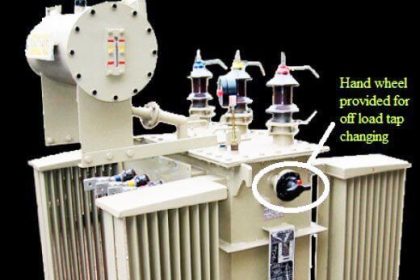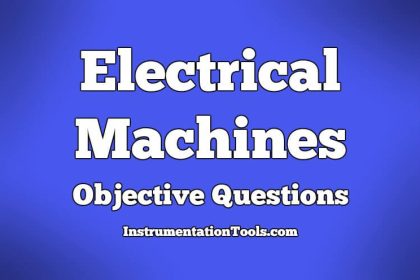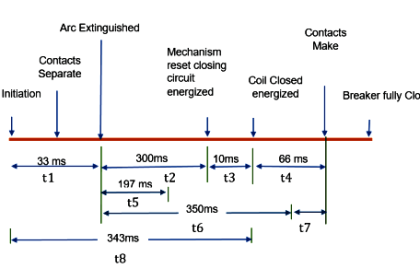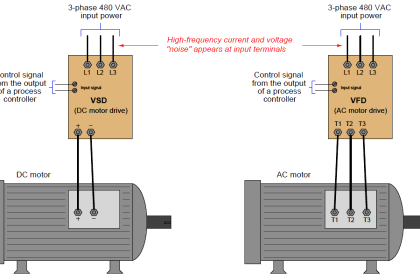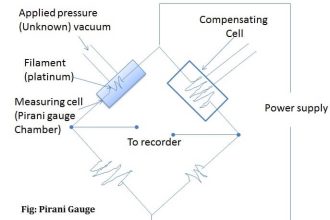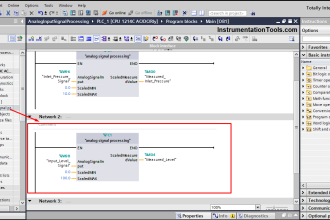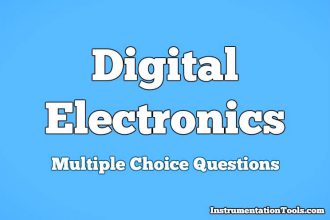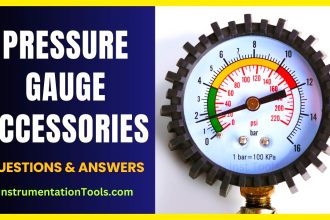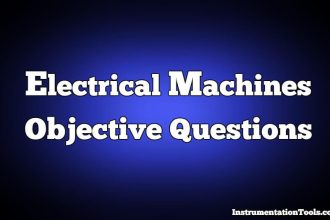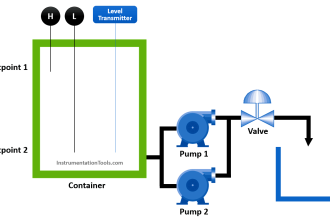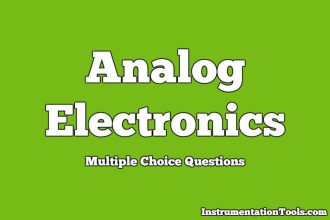Variable Speed Drives (VSDs) are employed in the industrial applications where different speeds are require to operate certain process systems. VSDs consists of rectifying unit for converting ac to dc, intermediate circuits mainly consists of inductors and capacitors for smoothing of dc waveform, inverter circuit for converting dc to ac of variable voltage and frequency and control circuit whose function is to receive and send signals to rectifier, inverter and intermediate circuits to correctly operate the equipment.
In industries for fine speed control dc motors are employed. However modern ac variable speed drives are replacing the conventional dc drives because of the following advantages:
Advantages of Variable Speed Drives:
- Variable Speed Drives are energy efficient. Efficiency of VSDs operating at variable speeds is higher compared to dc drives. Efficiency of the drives will be of the order 92-95%.
- Dynamic response of VSDs compare to dc drives leading to better control
- Using VSDs we can get wide ranges of speed, torque and power outputs which helps in attaining better control of the system. Becasue of wide range of control, VSDs helps in improving the quality of the process system
- Starting Currents in VSDs are less compared to conventional dc drive system
- Efficiency of variable speed drives is improved by increase in the power factor of the drive system
Disadvantages of Variable Speed Drives:
- Higher cost of the drive system
- Generation of Harmonic currents
Applications of Variable Speed Drives includes Fans, Conveyors, Compressors, pumps and Crushers for energy savings and better control
